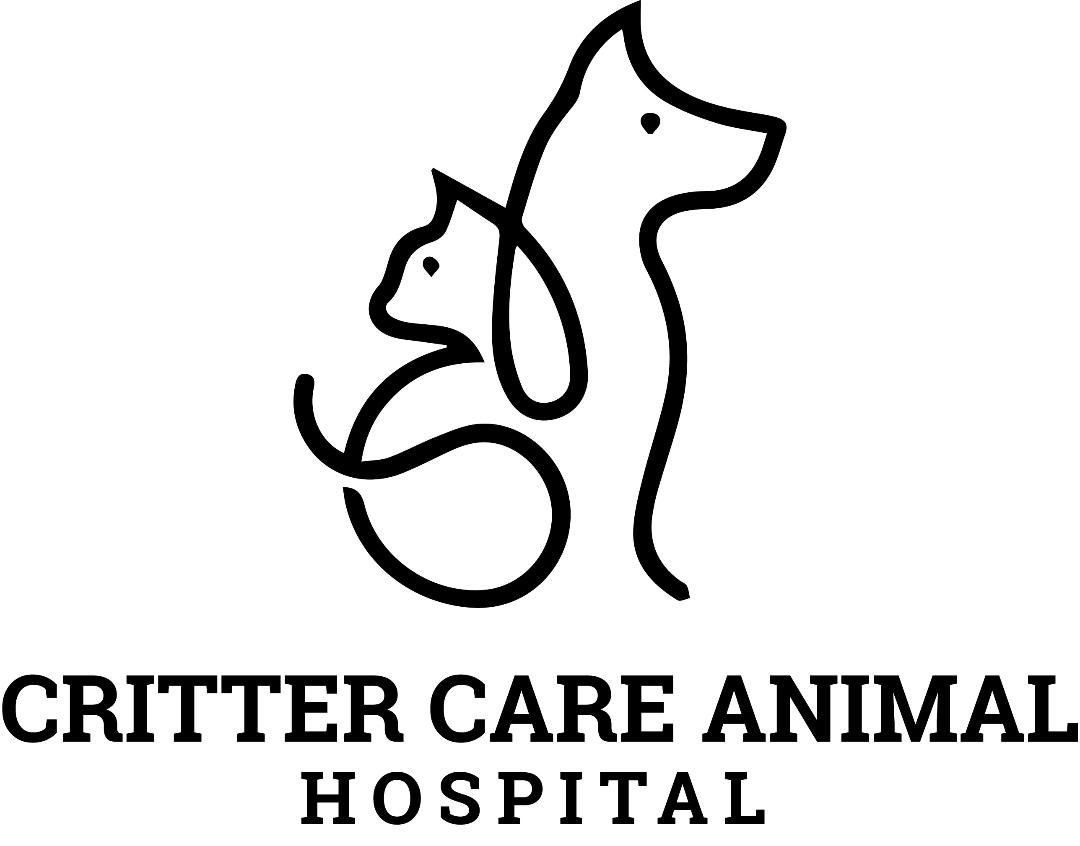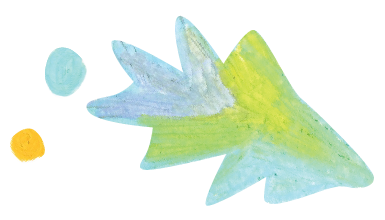Library
-
Monitoring your pet is important to his health. This handout discusses the use of trackers and apps to monitor your dog's activity level and overall mental and physical health.
-
This handout discusses the dangers of laundry and dishwasher detergent pods in dogs and cats. Consumption of detergent in any form is dangerous for cats and dogs. Signs of pod exposure include irritation of skin, eyes, and mouth as well as more serious gastrointestinal and respiratory signs that require prompt veterinary medical attention. Learning to recognize and prevent pod exposure will help keep pets safe.
-
It is not difficult to find your pet the extra care they may need if you have a busy schedule or are traveling. With the excellent pet sitter options available today, having a pet at home does not mean you cannot take a vacation every once in a while. Be sure to interview any potential sitters and use trusted friends, your vet, or online resources when looking for sitters. Hiring a pet sitter for your pet may be like a vacation for them as well!
-
This is no lazy old hound dog. The Petit Basset Griffon Vendeen attracts attention wherever she goes because of her merry, energetic disposition. She's always on the lookout for fun and excitement, especially in the form of an outdoor adventure.
-
The Ebola virus is very contagious and is transmitted through blood, body fluids, and tissues, but not through air, water, or food. Ebola affects humans, non-human primates, and is carried by fruit bats. Other species do not appear to be affected, although there has been evidence of exposure to the disease in dogs, cats, and other domestic animals. Domestic animals are not believed to transmit the virus; however, there is a risk that they could transmit body fluids such as saliva on their fur to other humans. Any potential exposure to Ebola should be reported to your veterinarian who will contact the Center for Disease Control (CDC).
-
Pets may have visible or hidden disabilities that require some adjustments to their care or lifestyle to maximize their quality of life. With some support, these pets can have a fairly normal life and be just as loving as any other pet.
-
The elegant, classy Pharaoh Hound is a striking companion. His handsome good looks always draw attention.
-
Pharyngostomy tubes are placed through the skin of the neck behind the jaw through the pharynx, into the esophagus to enable ongoing nutrition in dogs that either refuse to eat or are unable to chew and swallow food. A diet will be recommended by your veterinarian but must be liquefied with water before it can pass through the tube. Step-by-step instructions are given for tube feeding. The decision to remove the tube needs to be determined by your veterinarian.
-
Phenobarbital is given by mouth or as an injection to treat seizures or to sedate your pet. Common side effects include sleepiness, increased thirst, urination, and/or appetite. Do not use this medication in pets with liver, lung, or kidney disease or those that are allergic to barbiturates. If a negative reaction occurs, call your veterinary office.
-
Phenoxybenzamine is given by mouth and is used off label to treat urination difficulty related to sphincter tone, high blood pressure related to pheochromocytoma, and laminitis in horses. Phenoxybenzamine should be given as directed by your veterinarian. Common side effects include nausea, vomiting, diarrhea, small pupils, increased heart rate, and nasal congestion/stuffy nose. Do not use in pets that are allergic to it, in pets that cannot handle low blood pressure, or in horses with colic. If a negative reaction occurs, please call your veterinary office.

